MOUNTAIN PROVINCE, August 02, 2021 – As the all-women farmer-group Ankileng Rumang-ayan Organization (ARO) in Mountain Province led the swine raising initiated by the Department of Agriculture – Special Area for Agricultural Development (DA-SAAD) Program, a space for sharing becomes wider, encouraging more women into agricultural activities.
Applai indigenous women members of the ARO from Ankileng town in Sagada pay it forward as they invite more women into swine raising activity despite cutting from their individual production inputs.
ARO is also currently developing an enterprise focused on fresh meat, pork by-products such as longganisa, embutido, lumpia, shanghai, meatballs, and smoked meat or etag through a chamber granted in January 2020.
Etag is a local delicacy in the northern highlands where slabs of pork are processed through salt-treating, sun-drying or smoking and is used as flavoring for local dishes or a main course.
At present, 10 ARO members are in their sixth cycle of raising swine. Other members are in their fifth cycle and are set to receive swine repopulation intervention (composed of feeds and biologics) to augment breeding activities covering qualified members with existing stocks.
The culture of the “Ob-obbo” in the Mountain Province
The ob-obbo, a Kankana-ey term for bayanihan community system has been in place since time immemorial especially during the pandemic, strengthening community bonds through the SAAD program’s agricultural livelihood interventions.
Originally, ARO was set to receive 300 piglets, granting each of the 30 initial members 10 piglets in 2019. However, community members unanimously agreed to ask the SAAD team to accommodate four additional beneficiaries resulting in a reduction of piglet allocation per individual.
This means that 33 members received 9 swine, while one member received three.
“Iti un-unana ket 30 lang iti mai-conconsider nga ma-ikkan iti intervention para iti swine production ngem iti kaadu iti mangkasapulam ket in-consider mi iti selection process nga nausar nu apay nga Napili iti Ankileng para iti programa isu iti 2018 Community Based Monitoring Survey. Na-involve en garud iti Barangay Health Workers [BHW] para iti panaka-score ti residente nga adda iti masakopan da. Nag resulta dytoy iti panaka pili dagiti residente nga adaan iti kangatwan nga score nga isu metlang nai-parang iti barangay,” ARO secretary Betty Tindowen said.
[Only 30 community members qualified to become beneficiaries are originally selected recipients of the intervention, but more residents are still in need of interventions. The process adopted by the municipal level considers the 2018 CBM [Community Based Monitoring] survey in identifying beneficiaries. The barangay scored residents within their catchments as the basis for the inclusion of four more residents with the highest scores and is presented to the barangay.]A model for swine production and enterprise
ARO listed 64 members who were granted varied SAAD interventions. In 2019, they received Php 4,581,000 worth of inputs for their Swine and Rambutan Production.
A total of 34 of the members are swine production recipients while 30 members received 15 seedlings for rambutan production.
Included in the package were starters, growers, and finisher feeds, Tricantera cuttings, biologics, and construction materials used for building the etag smoking chamber for their value-adding activities, which greatly benefitted the ARO members.
Overall, the group earned Php 5,248,399 sales and gained from all five cycles of rearing pigs [fattening], and selling farrowed gilts to start a sustainable livelihood towards developing a community enterprise.
Their first swine production cycle recorded a Php 2.9 million sales in a one-year production span despite the rise of African Swine Fever (ASF) in the country. The sold swine raising by-products totaled 26,000 kilograms (kg) fresh meat from 286 live weight fatteners.
Table 1. ARO’s First Cycle swine production profit
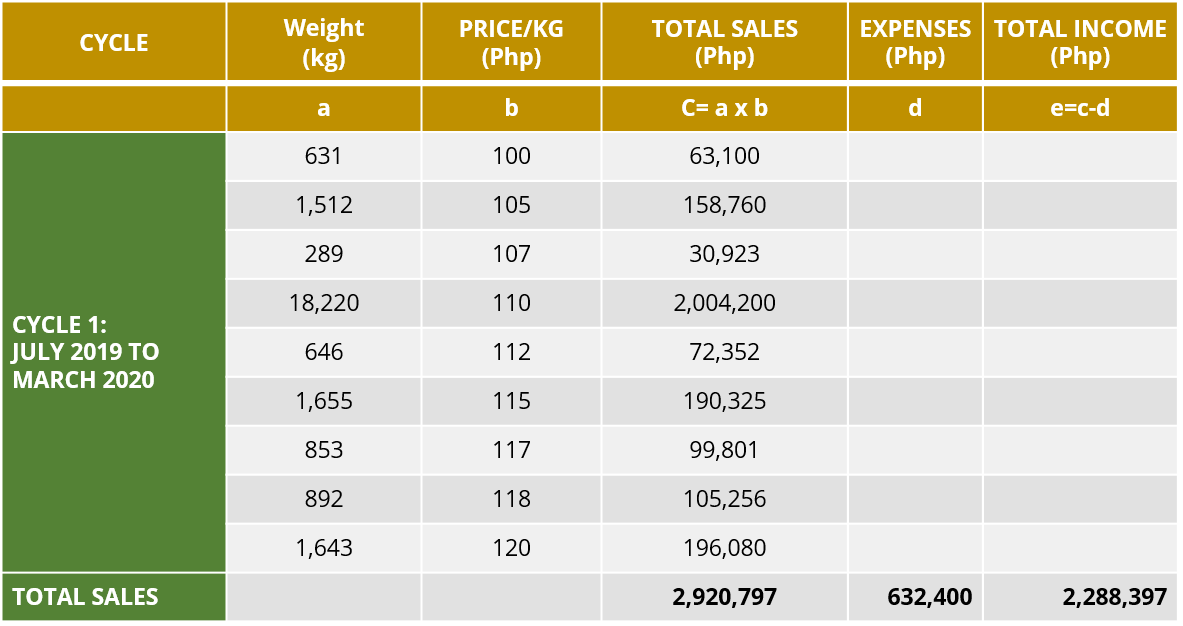
Table 2. ARO’s Second Cycle – Fifth Cycle
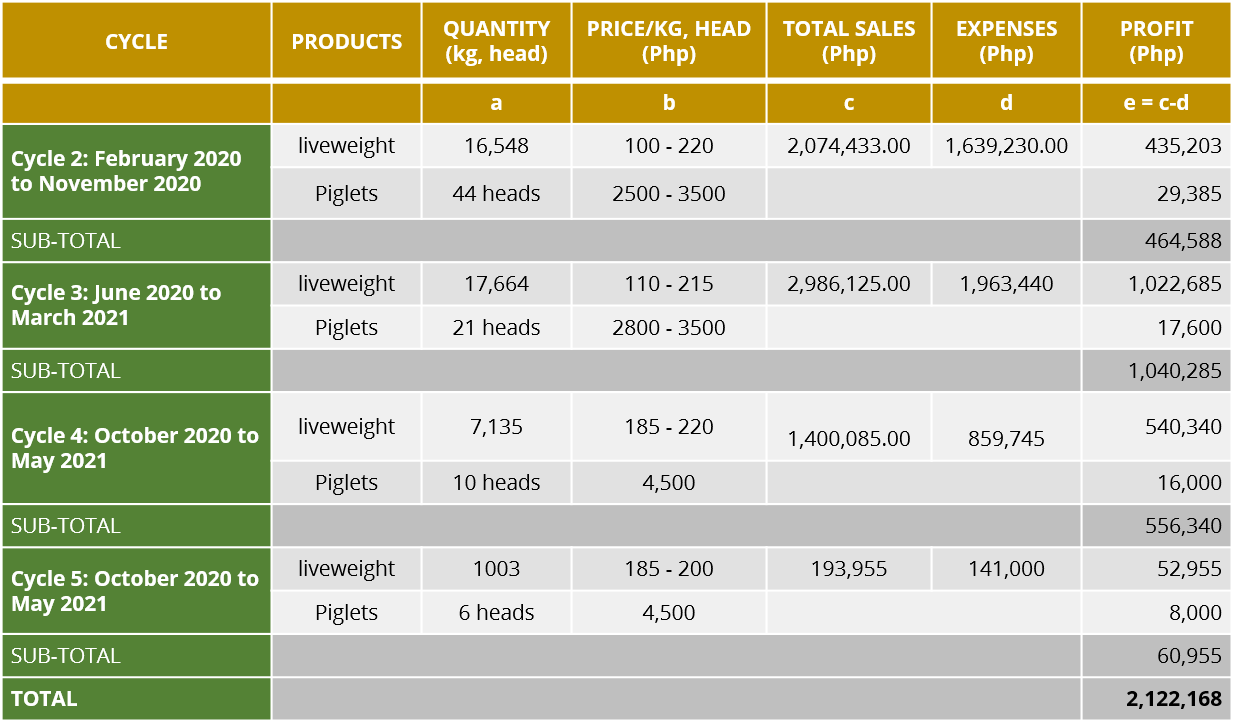
The emergence of ASF challenged the livestock sector of the province, as swine inputs were awarded during the rise of the disease.
In response, ARO beneficiaries attended the pig rearing package of technology training in August 2019 to prepare them to raise their animals under optimal conditions.
Also, beneficiaries were distributed with information, education, and communication[IEC] materials on proper housing and feeding guidelines, proper identification of common swine diseases and appropriate treatment, and observing biodiversity management for their pigs to remain free of the virus.
ARO members used their sales to buy inputs to sustain the following cycles. Today, ARO plans to expand their etag chamber. Chairperson Jenny Dawey shared, “Gapu ta na-expand iti ag-benepisyo [34] manipud iti dati nga target nga 30 beneficiaries tapnu adda pagrugyan, kayat na sawen ket adu met iti katulongan iti organisasyon mi nga mang ipatungpal iti expansion iti chamber tapnu agka-opisina, adun tu iti kabadangan iti labor.”
[Because of the expansion of target beneficiaries from 30 to 34, could mean more were able to receive start-up capital which also means there are more of us to combat the labor cost of our proposed expanded chamber with an office.] ###Writer: Dinah D. Ay-yango- SAAD Mountain Province, Information Officer
Sources: FCA

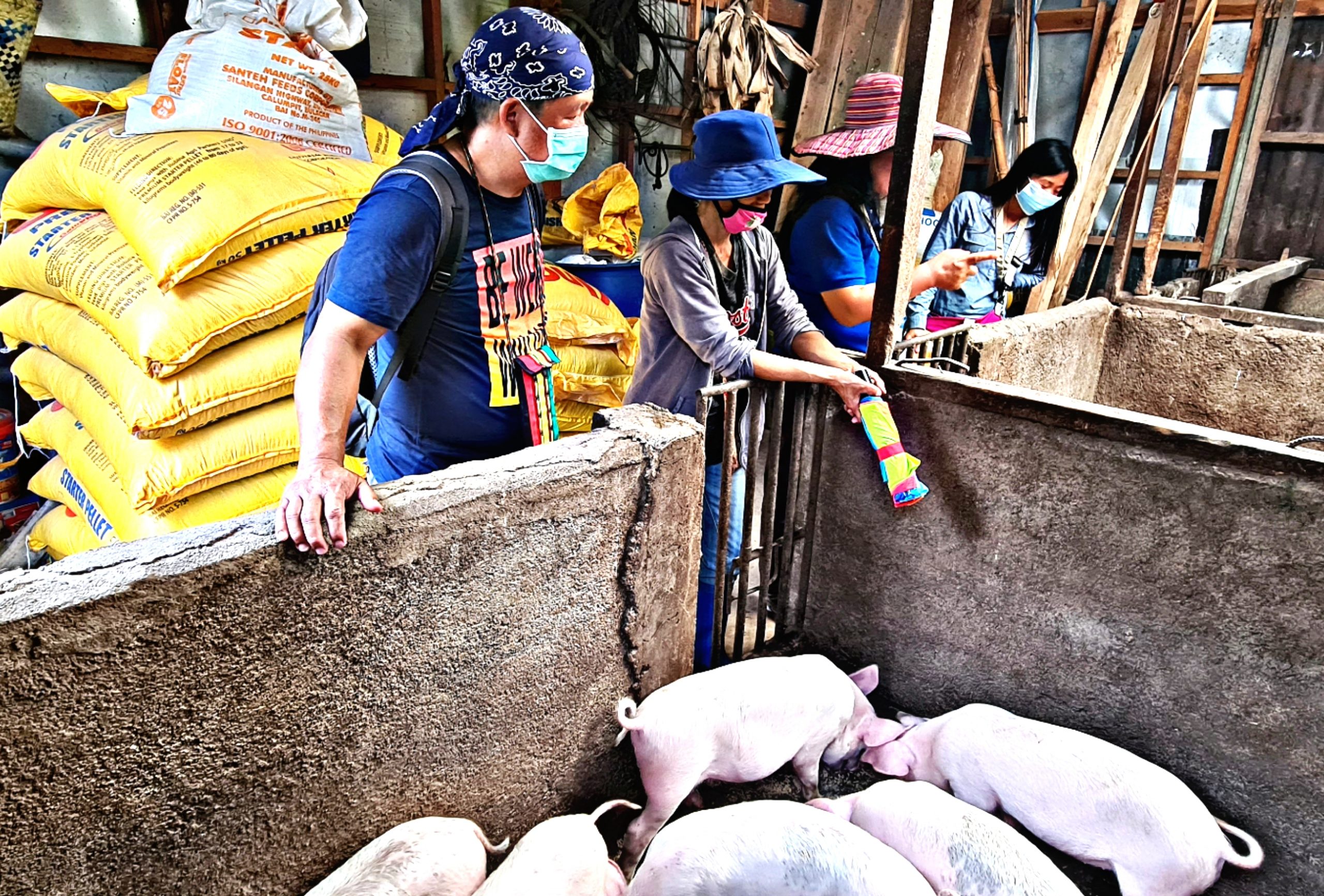
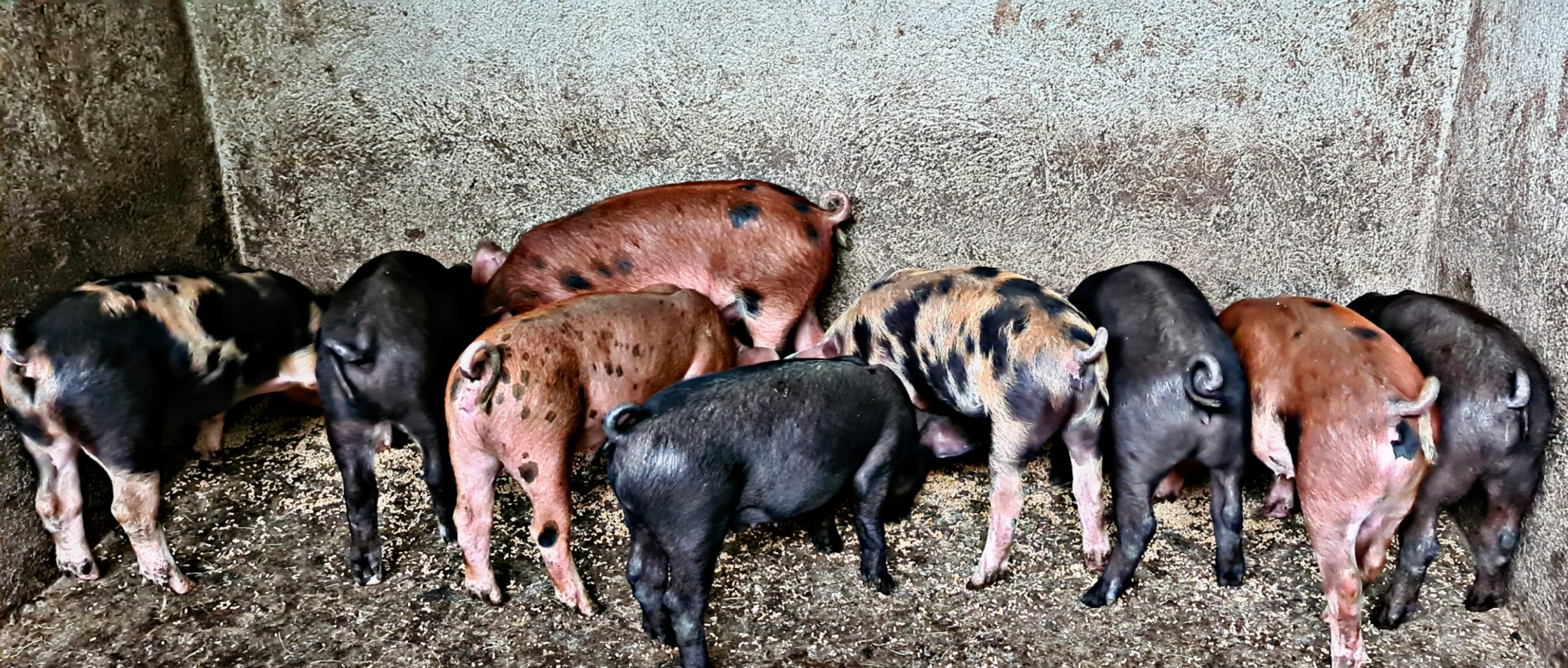
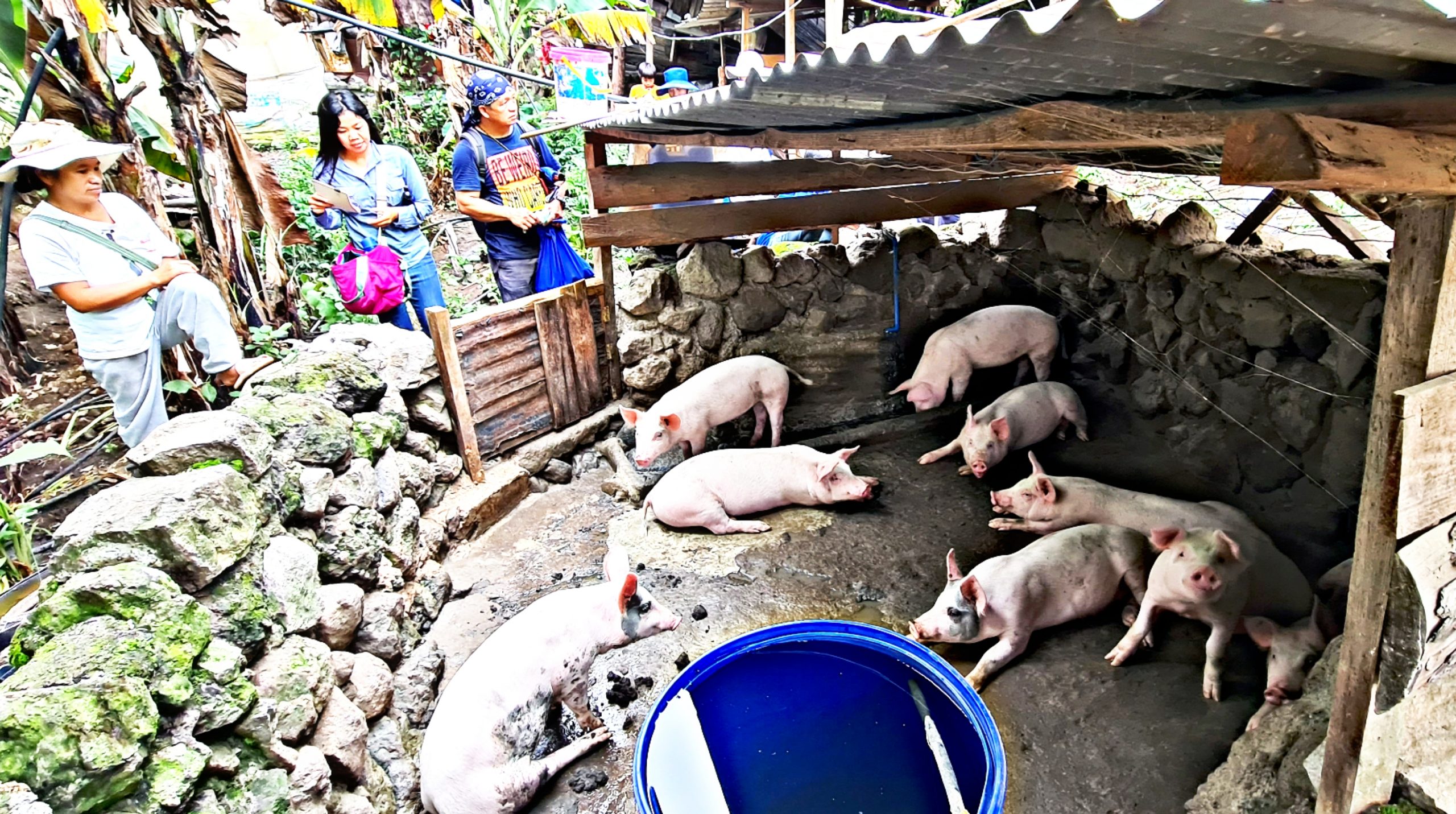
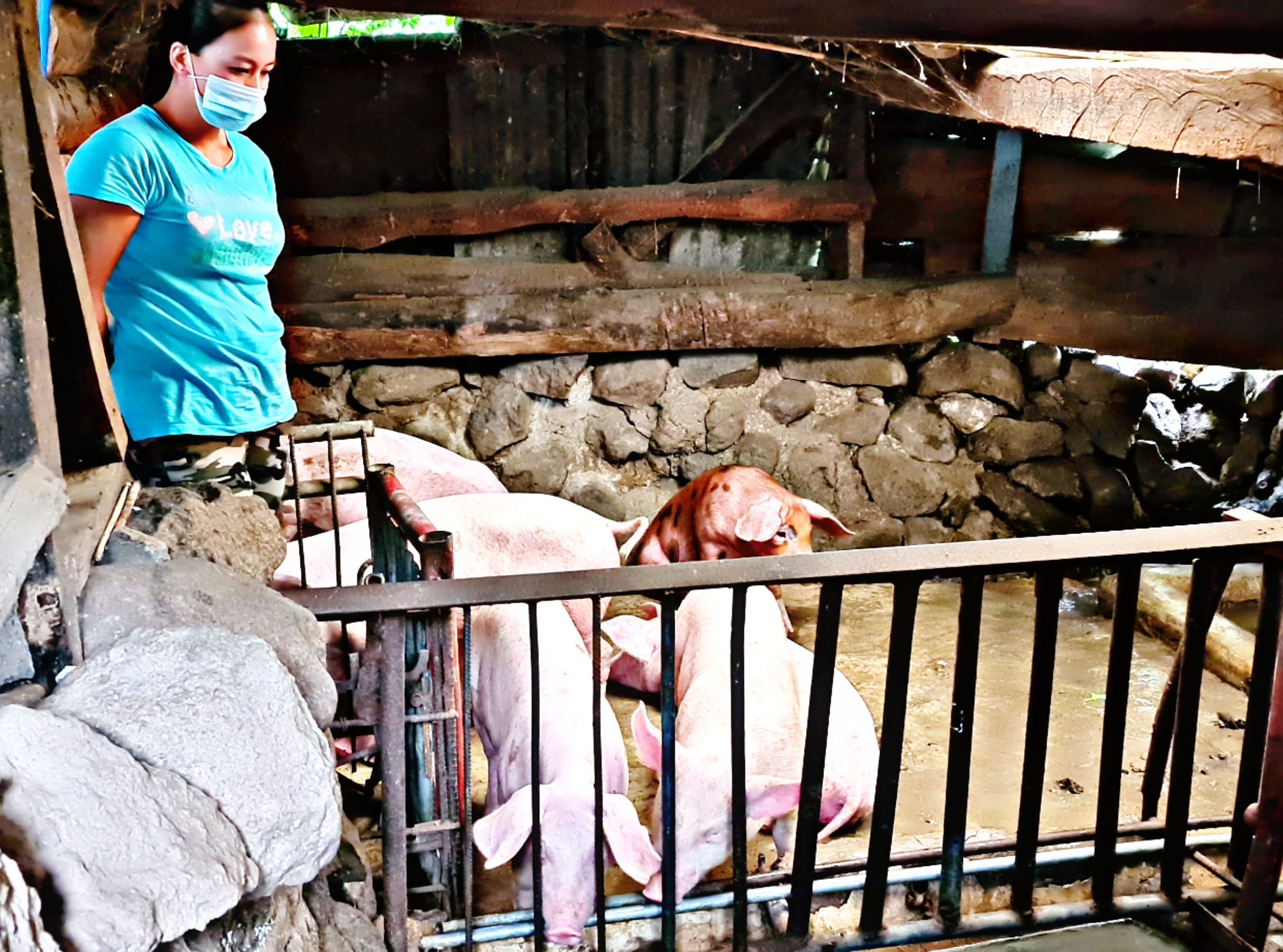
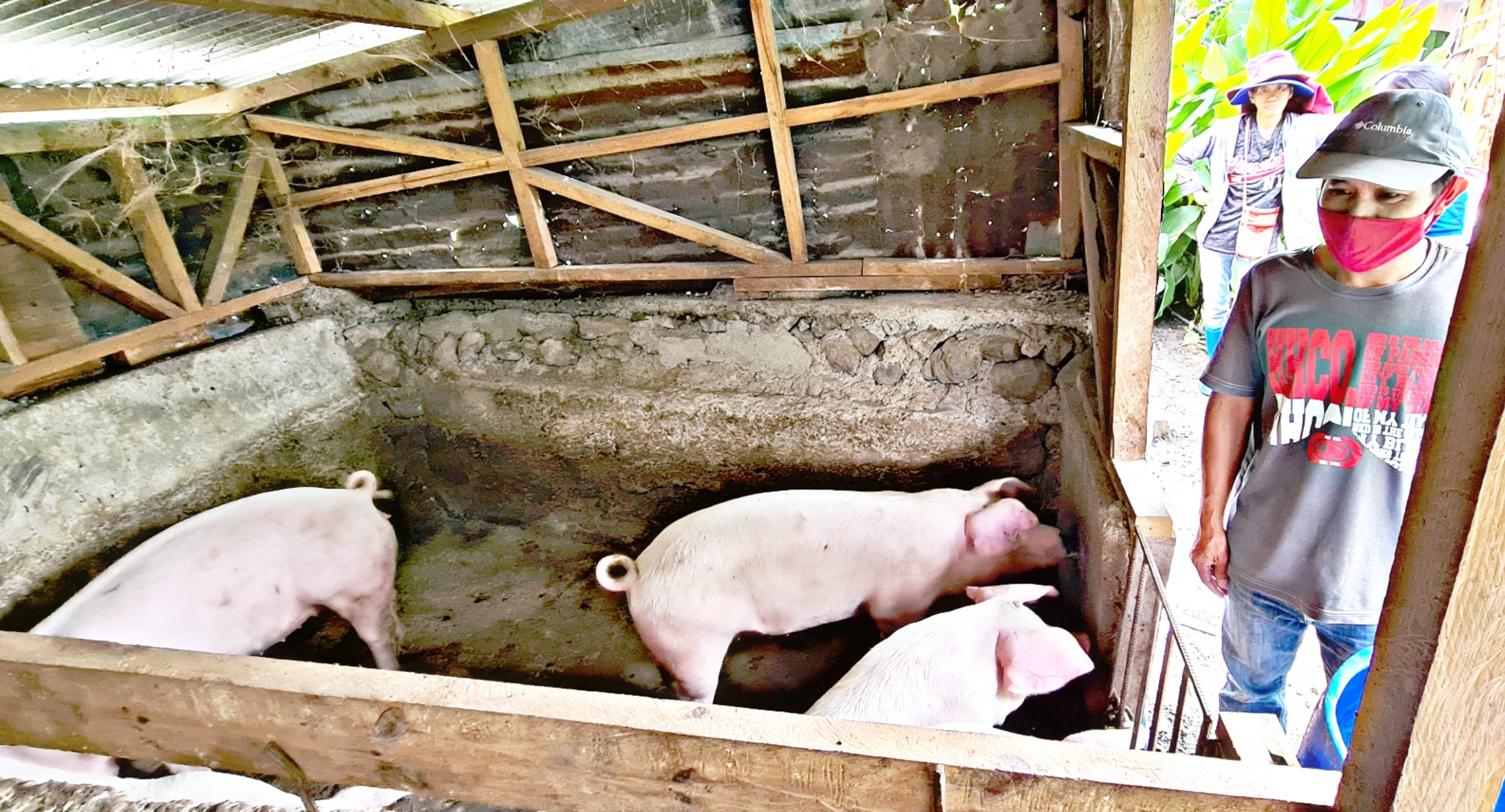
Comments (0)